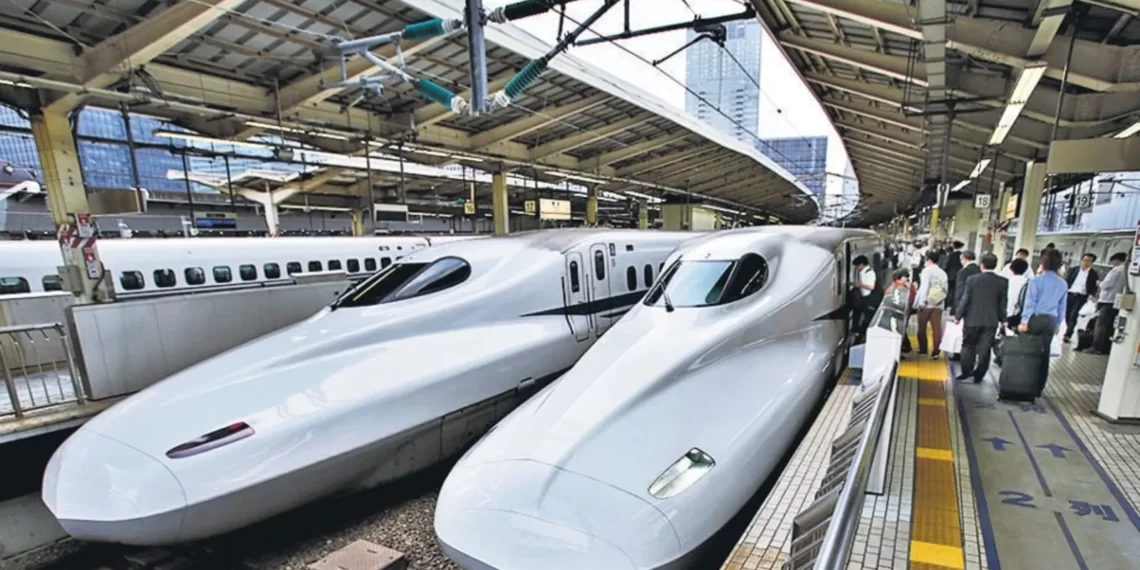Accra, the bustling capital of Ghana, grapples with a traffic nightmare that chokes its streets and stifles productivity.
Picture this: a seemingly short 30-kilometer journey within the city can stretch into a grueling 3-hour ordeal.
For daily commuters, this translates to a staggering 6 hours lost in traffic each day. Multiply that by 5 workdays a week and 52 weeks a year, and the result is a jaw-dropping number of wasted man-hours.
But what are the real consequences of this traffic quagmire?
The Toll on Economy, Family, and Health
The lost productivity due to traffic congestion is a silent drain on Ghana’s economy. According to the World Bank, traffic congestion costs Accra an estimated $1.7 billion annually in lost productivity and fuel consumption.
Although insufficient data in developing countries makes it challenging to assess the precise economic impact of congestion, the World Bank’s research provides valuable insights into how traffic affects people’s health and economies.
Additionally, other estimates highlight the severity of the problem. Approximately 58 million trips are made into and out of Accra each month, resulting in a staggering loss of about GH¢3 billion (Ghanaian cedis) due to traffic congestion.
This figure does not even account for the loss of productivity and fuel burned by transport service providers who spend extra hours navigating traffic.
Furthermore, a senior lecturer at the Kwame Nkrumah University of Science and Technology (KNUST) School of Business revealed that road traffic congestion costs Ghana approximately 8.21% of its GDP annually.
Dr. Annan said, “When we have bad roads, [they] lead to congestion because the input capacity is greater than the output capacity.”
Another effect is the strain on families. Families bear the brunt of this daily struggle. Parents miss precious moments with their children, and family time dwindles as they battle traffic. The stress and fatigue from long commutes impact relationships, mental health, and overall well-being.
Air pollution from idling vehicles also exacerbates respiratory illnesses, while stress-related ailments rise. Accidents increase due to road rage and fatigue. The toll on public health is undeniable.
In 2013, 17,524 Ghanaians lost their lives due to air pollution, marking a 107% increase from 1990.

The Solution: Train Travel in Accra
Trains offer a beacon of hope. Imagine a reliable, efficient rail system crisscrossing Accra, whisking commuters from point A to B without the agony of traffic. Here’s why trains make sense:
Trains can cover distances swiftly, bypassing congested roads. The average speed of a well-designed urban train system is around 50 km/h, compared to the snail’s pace of traffic.
Also, electric or clean-fuel trains emit fewer pollutants than cars. A single train can replace hundreds of cars, significantly improving air quality.
Trains can carry hundreds of passengers, easing road congestion. A hypothetical ‘Accra Metro’, for instance, could transport thousands daily, freeing up road space.
Another benefit is predictability. Fixed schedules mean less uncertainty for commuters. Imagine knowing your train will arrive at 8:15 AM, regardless of traffic or weather.
But how can Ghana fund such an ambitious project? Here are some creative ways:
Public-Private Partnerships (PPPs) have proven to be a viable avenue for attracting private investors, offering concessions, or revenue-sharing models.
An example of this approach is the Tema Port Expansion project, which successfully utilized PPPs for funding. This demonstrates the potential for such partnerships to bolster infrastructure projects and drive development.
Seeking foreign investment presents another avenue to secure crucial funding for infrastructure projects.
International partnerships, such as those facilitated by China’s Belt and Road Initiative, offer opportunities for financing that can significantly contribute to the realization of ambitious projects like a modern train system in Accra.
Learning from the Best
Ghana can draw inspiration from successful train systems worldwide to enhance the efficiency and effectiveness of its transportation network. Japan sets a prime example with its punctuality and reliability standards.
Emulating this commitment to timeliness is crucial for ensuring that Ghana’s trains run like clockwork, maximizing convenience and productivity for commuters.
Germany’s approach to integration provides another valuable lesson. By establishing seamless connections between trains, buses, and trams, Germany has created intermodal transport hubs that streamline travel for passengers.
Implementing similar strategies in Ghana can enhance overall efficiency and accessibility within the transportation system, facilitating smooth transitions between different modes of travel.
Additionally, Ghana can look to Hong Kong’s innovative Octopus Card system for inspiration.
This smart card enables seamless fare payment across various modes of transportation, offering convenience for passengers while also facilitating efficient revenue collection.
However, the success of a modern train system isn’t solely dependent on laying tracks; it’s about ensuring financial viability and preventing revenue leaks.
Implementing a robust digital payment system, regular audits, and strict governance become essential components to safeguard against corruption and mismanagement, ensuring that funds reach the right channels.
Accra’s traffic woes need urgent attention. A modern train system isn’t just about tracks and locomotives; it’s about reclaiming lost time, boosting the economy, and improving lives. Let’s lay the tracks for a brighter, more efficient Accra—one where trains replace traffic jams and productivity thrives.
READ ALSO: Hope ECOWAS Got What It Wants























